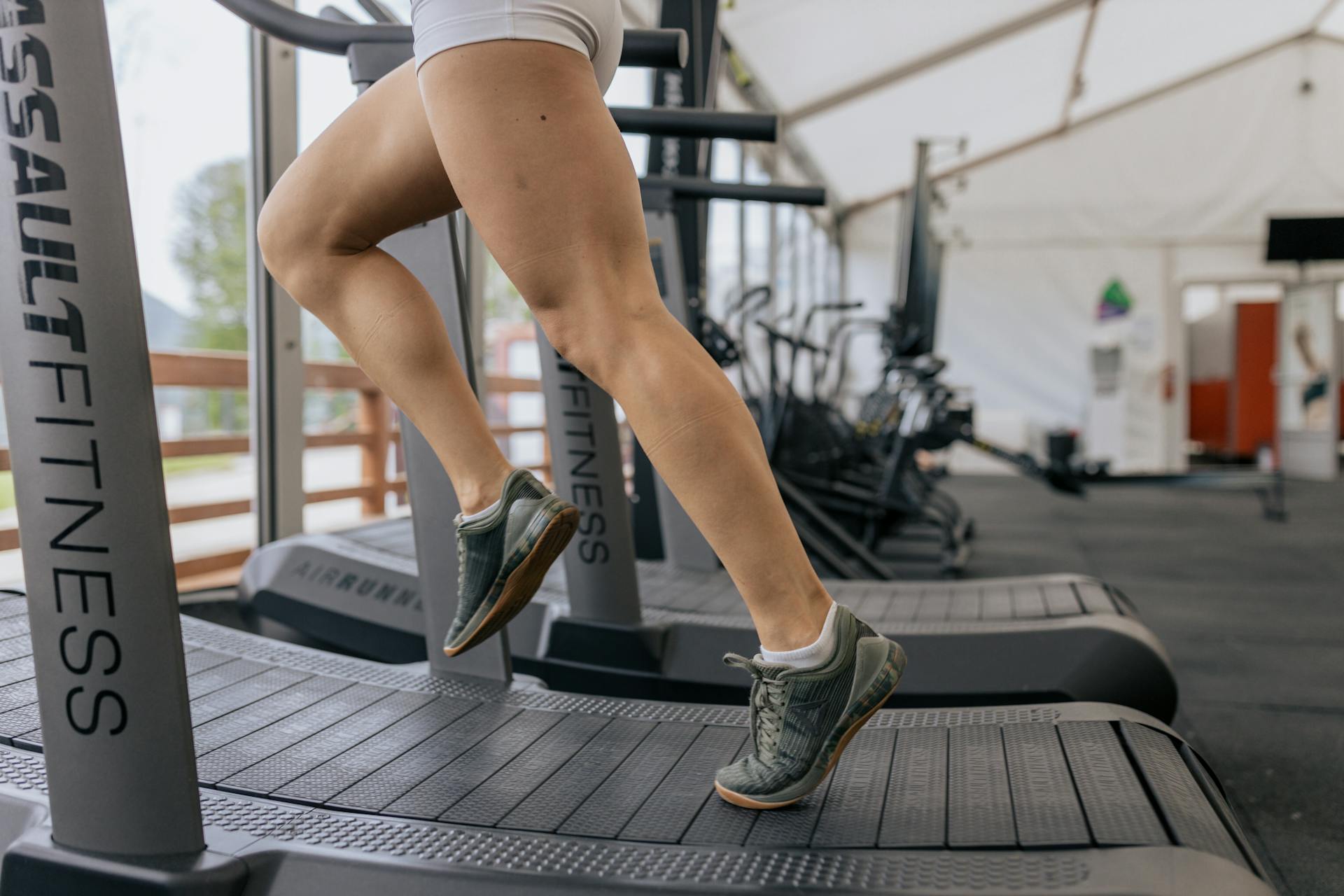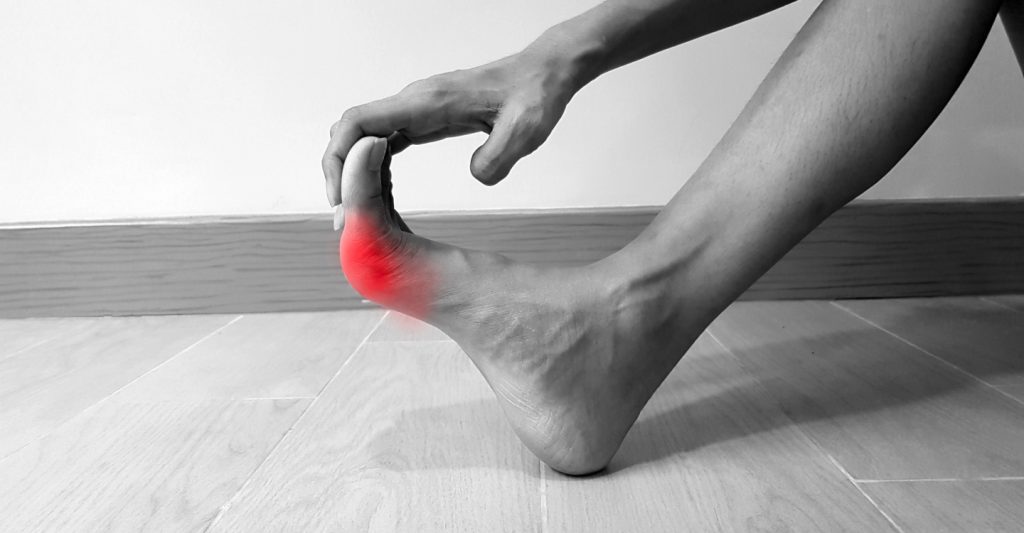A recommendation from any foot doctor will be that it’s important to keep active, with a minimum of 30 minutes daily exercise recommended for most people.
While there are plenty of exercises that you can do in the house, even with limited space, there’s also an increased likelihood of developing foot injuries.
More people are walking around the home barefoot or in sandals, and some are exercising on hard tiles or wooden flooring without the proper support.
In an effort to stay fit, healthy, and protected from illness, the risk of stress fractures is increasing for some people.
Learn how to avoid bone injuries with your foot doctor.
What are Stress Fractures?
A stress fracture is classified as a small crack in a bone caused by repetitive force, resulting in microscopic fractures. Stress fractures are common in the U.S., with more than 200,000 cases diagnosed every year.
The main causes of these small fractures are repetitive and excessive force on the lower leg and foot. Jumping, running, and frequent muscle fatigue can increase risk.
If you’re exercising at home without the correct footwear, you could develop a stress fracture. Your foot doctor can diagnose a fracture with physical examination and imaging with an X-Ray.
Preventing Stress Fractures When Exercising From Running
To prevent stress fractures while running, it is essential to follow specific recommendations:
- Avoid abrupt changes: Do not suddenly change your training program. Plan your program, set realistic goals, and gradually increase your mileage over time.
- Rest and recovery: Allow your body to recover between runs by avoiding running on consecutive days. Keep your weekly mileage at a maximum of 15%.
- Strength exercises: Strength training builds strong muscles, helping bones handle force more effectively and increasing training tolerance.
- Proper nutrition: Consume enough calcium, vitamin D, and other nutrients for strong and healthy bones.
- Cross-training: Incorporate low-impact activities into your exercise routine to avoid repetitively stressing a particular part of your body.
Preventing Stress Fractures When Exercising at Home
There are several steps you can take to lower the risk of developing stress fractures.
- Adjust your training schedule gradually. If you’ve decided to start working out at home, that’s great! However, you should gradually ramp up your physical activity, especially when jogging on the spot, using a treadmill, or performing any kind of high-impact exercise that involves jumping and sudden movements. Gradually increasing the intensity of your exercises will condition your muscles to better support the bones in your legs and feet.
- Be careful when transitioning to different surfaces. Most treadmills provide a slightly flexible surface so a lot of the impact of running or walking is absorbed by the machine. If you transition to running on concrete, asphalt, or indoor flooring, you’ll need to wear footwear that offers plenty of cushioning and heel support.
- If your shoes are worn out, replace them.
- You can order shoes online if you’re concerned about shopping in a store. Measure your feet using the sizing guide found on most sports outlet websites.
- Try switching up your exercises to allow your feet and legs time to rest. If you are running, jogging, jumping, or skipping on one day, alternate the next day with resistance exercises.
- You can take vitamin supplements to support bone health. Vitamin D and Calcium both help to keep your bones in top condition. A balanced diet is important, so make sure that you’re getting plenty of vegetables and fruits in addition to meats, healthy fats, and your standard carbohydrates. Note that diet alone can’t heal injuries or prevent them. Nutrition products should be seen as supplemental to physical conditioning and proper exercise technique.
If you follow all these steps but still develop symptoms in your lower legs or feet, you can talk to your foot doctor. At the Foot, Ankle & Leg Vein Center, we are open and available for consultations during the pandemic. We have adjusted our operating policies to ensure that social distancing is practiced at both our Boca Raton and Boynton Beach clinics.
Call Your Foot Doctor if You Experience Stress Fracture Symptoms
The most common symptoms of stress fractures include:
- Dull pain in the leg or foot that increases with physical activity.
- Swelling that gets worse with activity.
- Tenderness around a localized area of your leg or foot.
- A feeling of weakness localized to a specific area.
Don’t ignore the symptoms. Treating the problem early will prevent long term complications while ensuring that you can get back to your normal routine as quickly as possible. You can get treatment from the expert team at the Foot, Ankle & Leg Vein Center. Call your foot doctor and schedule a consultation today.



